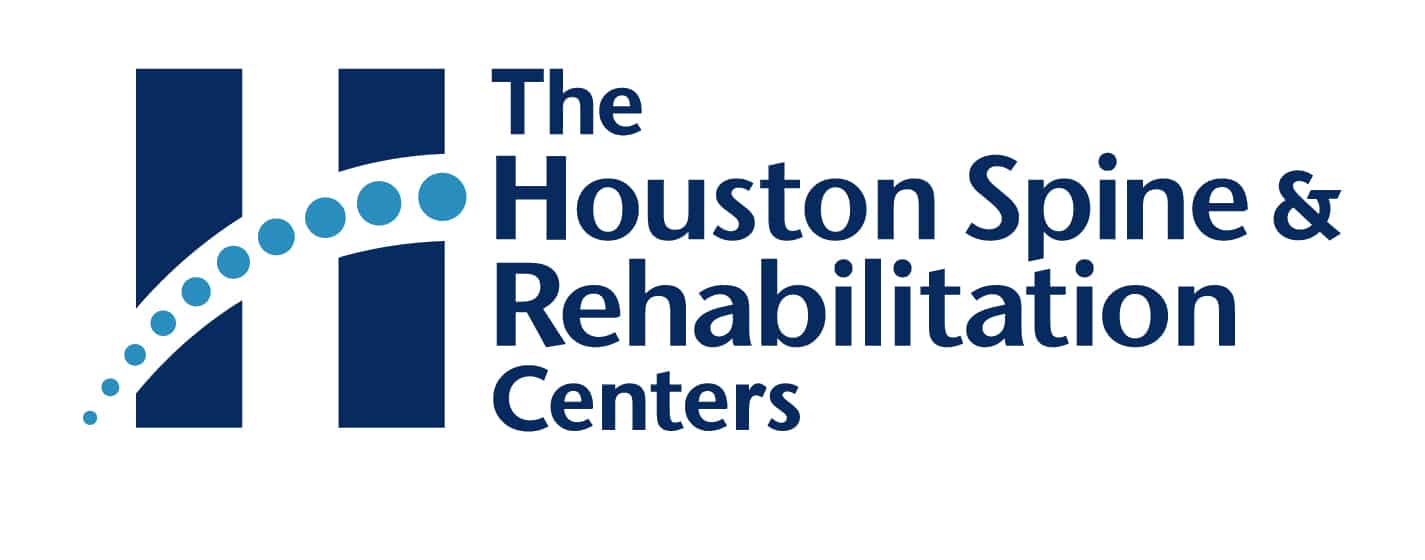Degenerative Disc Disease Treatment in The Woodlands and Houston
Degenerative disc disease, also known as Spondylosis, is one of the most common causes of back and neck pain, and the most misunderstood. Contrary to its name, it does not necessarily mean that your spine will continue to degenerate as you get older. DDD is an accelerated degenerative condition of the intervertebral discs in the spine usually caused by wear-and-tear on a spinal disc. DDD usually presents as a low- level chronic pain with intermittent flare ups of severe pain. Depending on how advanced a patient’s DDD is and circumstances of DDD, determines if the condition will continue to progress or remain stable.
SYMPTOMS
If you are experiencing symptoms of pain, weakness, tingling or numbness in your neck, back and surrounding regions, you may have a common condition called degenerative disc disease (DDD) also referred to as Spondylosis. DDD is a condition during which the intervertebral discs in the spine experience some form of degeneration. Degenerative disc disease symptoms can arise if a deteriorating disc bulges or ruptures and irritates the tiny nerve fibers that innervate the disc wall, or comes in contact with the spinal cord or nerve roots. Nerve compression typically leads to focal pain and radiating symptoms of pain, weakness, tingling, and numbness in the upper or lower body. These symptoms often respond well to conservative, or nonsurgical, treatments, which your doctor will likely recommend.
TREATMENTS
The degeneration that occurs in most DDD cases can be successfully mitigated through conservative or rehabilitative treatments. Conservative treatments that may help you manage your DDD symptoms include:
PHYSICAL THERAPY
CHIROPRACTIC CARE
POSTURAL CORRECTION
MEDICATIONS
INJECTIONS
In addition to these treatments, we highly recommend maintaining a healthy weight, eating a well-balanced diet, and avoiding excessive tobacco or alcohol use. All of these healthy habits can go a long way in helping alleviate symptoms caused by DDD and the back to heal and perform the way it’s supposed to.
MANAGEMENT
Regular chiropractic treatment (1 visit per month) is recommended for patients once their treatment plan is completed and symptoms have resolved or have become manageable. Due to various stresses on the body (exercise, sports, stress, over-use, gravity, etc.), the spine and joints will compress over time. Regular chiropractic care has been shown to help slow down the degenerative effects on the spine by restoring normal joint movement.






